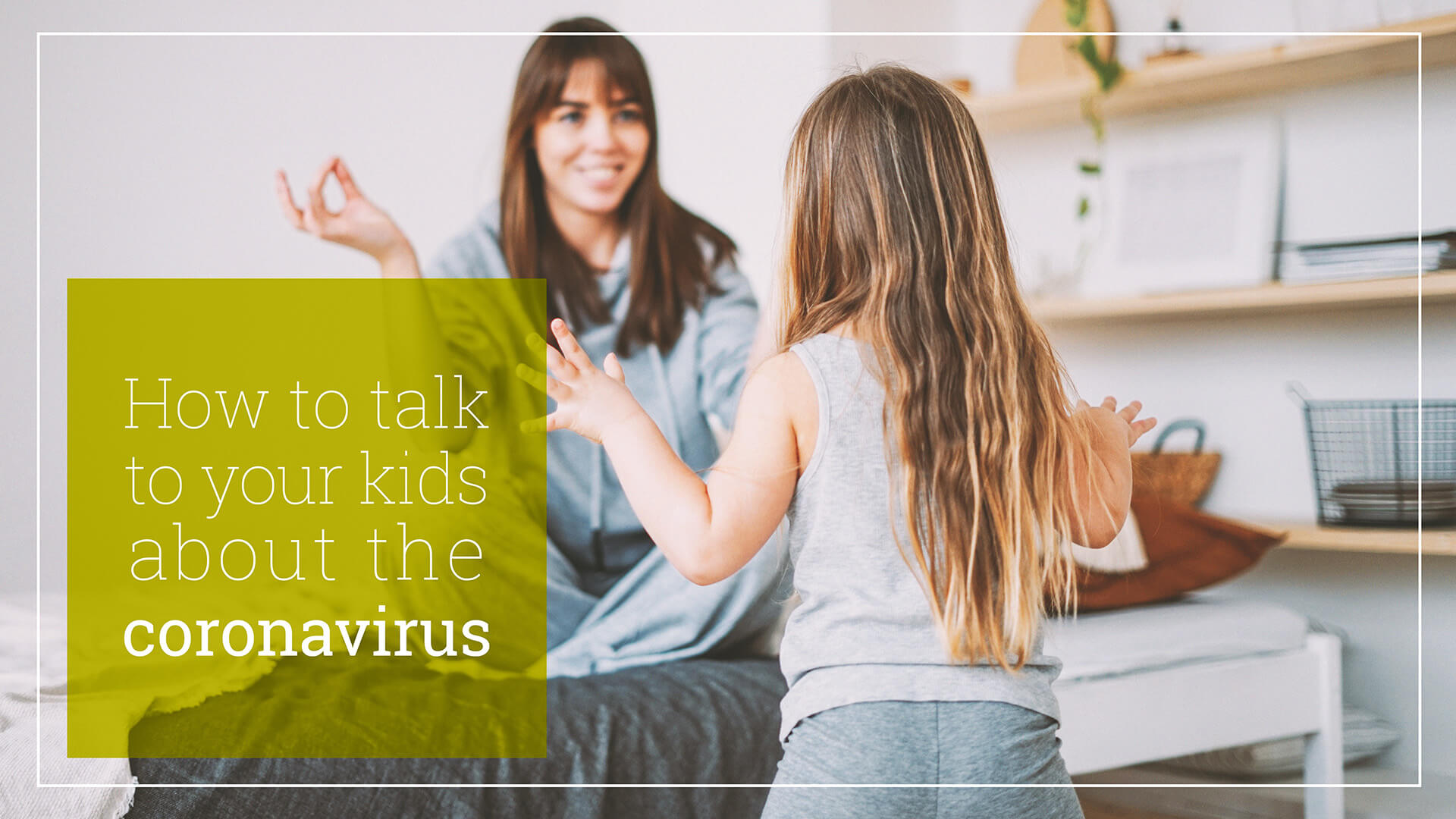
Many parents have reached out to me to ask about how to discuss the coronavirus with their kids.
Of course, the answer will depend upon the age of your child. Younger children need less information, and older kids and teens will often want to know more. Here are some guidelines that can be modified to fit the needs of your family.
- Manage your own anxiety first, (see my post about staying calm) before engaging in a conversation with your kids about the virus. As many parents observe, kids pick up on our non-verbal messages to determine whether or not they should feel safe. Take a deep breath, reassure yourself, and then answer your kids’ questions.
- Share information in small, age-appropriate, bite-sized pieces. Clear up any misunderstandings your child may have and answer the questions they are asking, without providing additional information that they may not be wondering about. As parents, it’s our job to filter out the adult world for our kids as much as possible in order to protect their childhoods. An example of an age-appropriate explanation of the virus is to say that it is similar to a cold or flu, and most people who get it will be able to stay home, rest, and recover. There are wonderful doctors and nurses who are available to help those who need it. Older kids and teens will likely already have information from news sources and social media. Check in with them about what they are hearing and how they are feeling about it.
- Reassure your children that they are safe and that the grown-ups (parents, teachers, community leaders) in their lives are making decisions every day to ensure their safety. Sometimes those decisions include taking breaks from activities or classes, which allows them to slow down and spend more time at home.
- Empower your children to know the steps they can take to stay healthy. People tend to feel higher levels of stress when they feel helpless or passive and feel more secure when taking action. The antidote to despair is conscious action. Remind your kids about actions they can take to stay healthy and safe: getting enough rest, washing their hands often, covering their mouths with their elbows if sneezing or coughing, and eating healthy foods.
If you haven’t already, please read my post Staying Calm During the Coronavirus: Coping Strategies. It’s important to manage our own anxiety before supporting our children.
